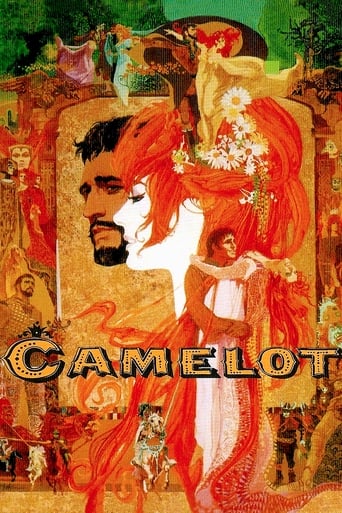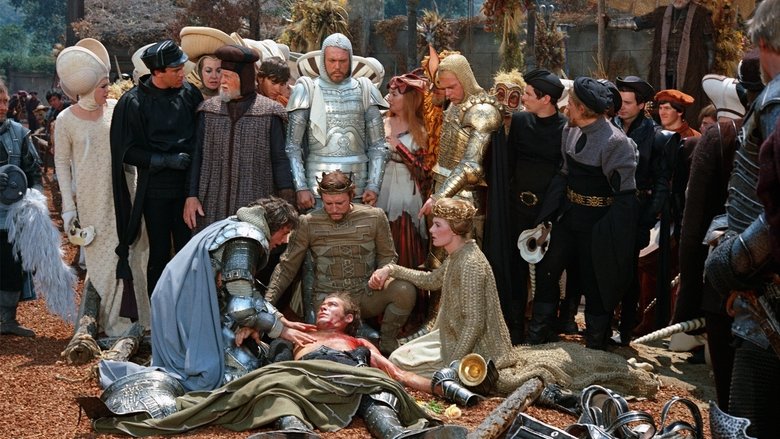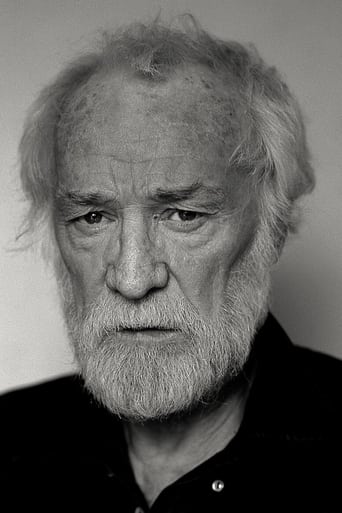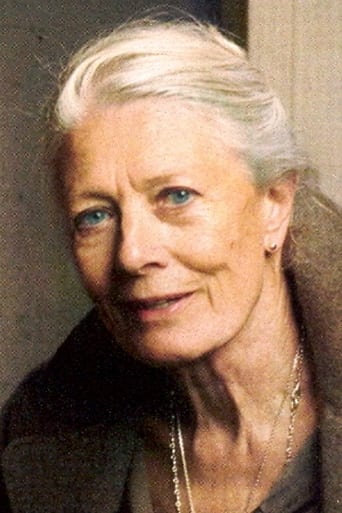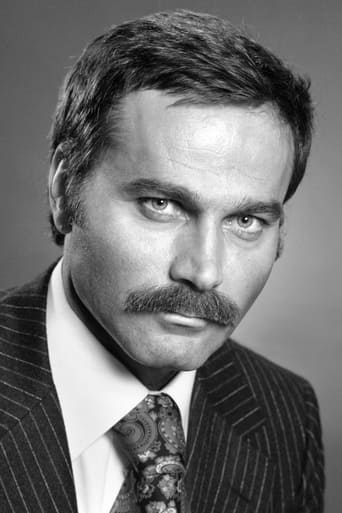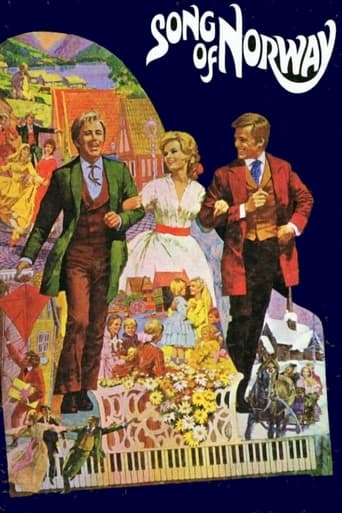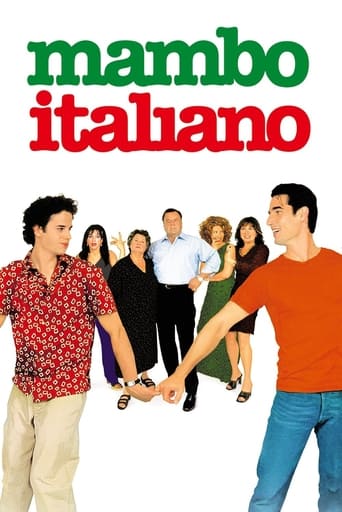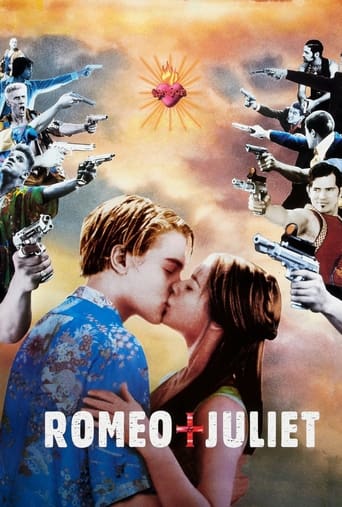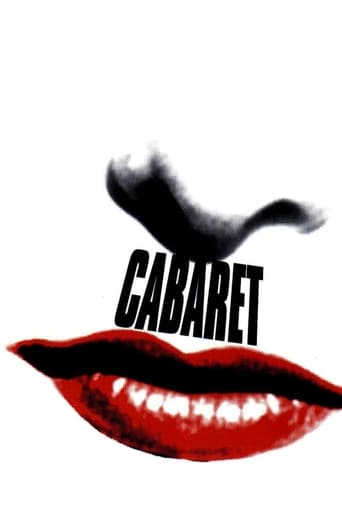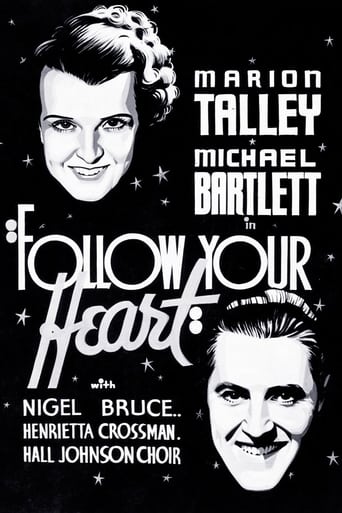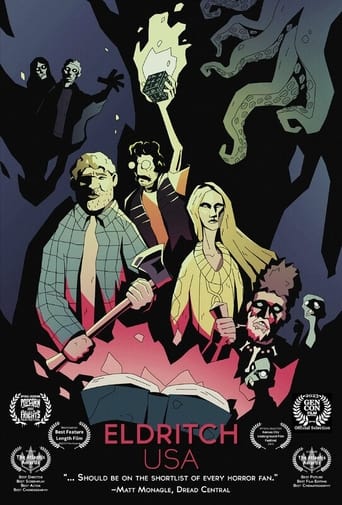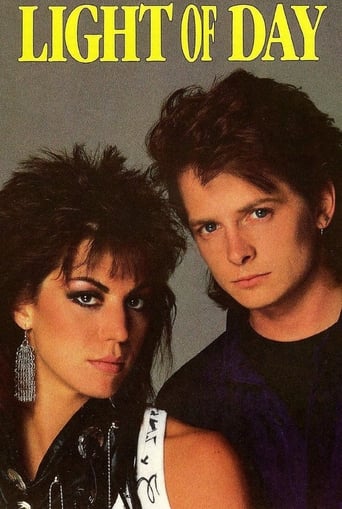Camelot (1967)
The plot of his illegitimate son Mordred to gain the throne, and Guinevere's growing attachment to Sir Lancelot, threatens to topple King Arthur and destroy his "round table" of knights.
Watch Trailer
Cast


Similar titles
Reviews
I fear that nothing will ever be adequate as a remake after having seen the Original Cast on Broadway. The scene where Lancelot (Robert Goulet) rides in to save Guinevere (Julie Andrews) while Arthur (Richard Burton) stands singing on a platform above the stage is one of the most thrilling I have witnessed on the stage...it brings tears to my eye just to remember it! I have nothing against any of the film cast; but compared with the performances of Burton, Andrews, and Goulet...well, they just don't compare. Makes one wish that recordings had been made of certain Broadway performances!
This is a fantastic adaptation of the King Arthur legends. Being a musical it focuses more on the tragic love between Lancelot and Guenevere/Philosophy of the Knights and isn't heavy on magic. It has gorgeous sets and is overall beautiful. The songs can be sometimes cheesy and even silly like in any musical, but it all kind of fits. It's also funny like the scene where Arthur tries to explain Civil Law to Pellinore, and dramatically powerful when Arthur monologues to Excalibur.. Richard Harris is absolutely fantastic as Arthur!
When is a motion picture all picture and no motion? To have the answer, see this three-hour collection of close-ups and costumes, a musical ponderously directed by Josh Logan starring three actors who can't sing.In England's early medieval period, King Arthur (Richard Harris) and his new bride Guenevere (Vanessa Redgrave) bring together the flower of knighthood to establish a new golden era of "might for right." But Arthur's most powerful ally, Lancelot (Franco Nero) becomes the undoing of the realm when he and Guenevere begin a passionate, painful affair."How did I blunder into this agonizing absurdity?" is the question Arthur poses in his opening scene. It starts with a musical where the music is not so much performed as presented, shot with abrupt jump cuts and suffocating close-ups that zero right up the noses of the three stars.With three hours, and the Excalibur legend to play with, you would think there is a lot of story here. But there isn't. For ninety minutes, about the same screen time it took Rick and Ilsa to make their plans or Charles Foster Kane to leave his wife, you get a pair of mistaken-identity cute meets and a pointless joust which somehow prompts the previously distant Gen and Lance to fall in love. The next 90 minutes are for watching everything fall apart.Logan indulged his actors famously on set, even allowing Harris to flash Redgrave for cheap laughs and letting Redgrave mess with the Alan Jay Lerner lyrics. Despite its reputation, this isn't Lerner and partner Frederick Loewe's best score; yet the movie makes matters worse by overusing the strings and robbing the songs of any pull. The title song should be a thrusting, raucous number; it's Muzak here.In a promotional show made at the time of the film's release, Logan emphasizes the word "texture" a lot. There is a lot of this on display, what with its touted "45 sets and 3,500 costumes." The costumes look okay; the sets decked out like Christmas trees in "GoodFellas." But where's the story?The Arthur legend is a sprawling epic; to fit something digestible into even three hours you have to make choices. Here, Logan and the production team seemed to decide to zero in on the three main characters and ignore everyone else, except for cheap comic relief from Lionel Jeffries as Pellinore, a king who can't remember where his kingdom is; and David Hemmings as sly and slinky Mordred, the bad guy of the piece. Neither manage to do more than annoy.Of the principals, Harris and Redgrave talk-sing while Nero is dubbed. Nero has negative comic presence, rendering his opening number "C'est Moi" inert; Redgrave is cool and unlikable throughout. Only Harris has a pulse, but as his character is all over the map his energy becomes a weight as the story flips around. Nothing is really established about what makes his Camelot special; the only time I noticed the Round Table was when a horse galloped across it. If you want to celebrate the notion of a land dedicated to the principle people matter, why undercut it by ignoring everyone but the king and his two favorite subjects? It's reflective of the sort of star service Logan made his career; the result is even worse than usual for him.
This musical adaptation of the Tony Award winning musical play (of the same name) by Alan Jay Lerner, from T.H. White's "The Once and Future King", was directed by Joshua Logan. It earned three Academy Awards – for Art Direction-Set Decoration, Costume Design, and Music, Scoring of Music, Adaptation or Treatment – in addition to Oscar nominations for Cinematography and Sound.However, its lead actors: Richard Harris as King Arthur, Vanessa Redgrave as Guenevere, Franco Nero as Sir Lancelot, and David Hemmings as Mordred leave something to be desired (acting-wise, but especially singing when) compared to the original production's Richard Burton, Julie Andrews, Robert Goulet, Roddy McDowall (respectively). Among those also in the film's cast are: Lionel Jeffries as King Pellinore, Laurence Naismith as Merlyn, and Estelle Winwood as Lady Clarinda.The story is a familiar one, as are countless songs (including "If Ever I Would Leave You" and "What Do the Simple Folk Do?"), which help to make the movie run on for nearly 3 hours:Arthur, who as a boy was the only one able to remove the sword (Excalibur) from a stone in which it was 'stuck', a sign that he was the one true King of England, was mentored by Merlyn as he grew into the role. He meets and establishes flirtatious 'relations' with Guenevere, who's desperate for adventure, before he and she realize that their marriage had already been arranged.Arthur's idea for bringing together the various warring provinces of his country involves establishing a coalition of representative knights that would meet in his castle at a round table (so that no one could claim its head, e.g. prime position of power) of equals. France's invincible Lancelot Du Lac hears of the "Knights of the Round Table" and decides that he too must serve Arthur. But the religious and somewhat arrogant about both his ability and purity Lancelot is destined to fall in love with Guenevere.When Arthur realizes this, and subsequently suspects that his queen is having an affair with his "right hand", he decides not to publicly acknowledge it – "there's no proof" (e.g. for a court of law, an instrument that the forward-thinking King himself first devised) – for what he thinks is an honorable reason (to save his kingdom). Instead of having them arrested burned at the stake, he banishes anyone (including his knights) that claims there is an affair. Of course, this erodes the nobleness of the kingdom, and its end is just a matter of time ... especially when the King's own illegitimate son Mordred returns to England and spins his treachery.

